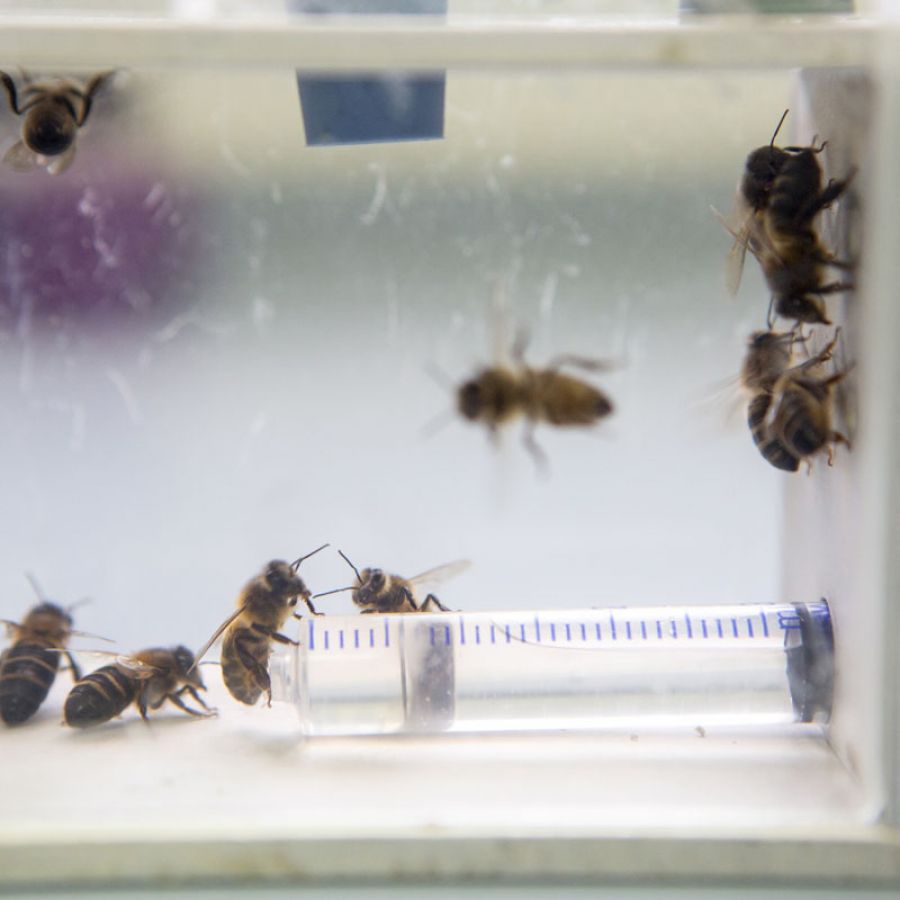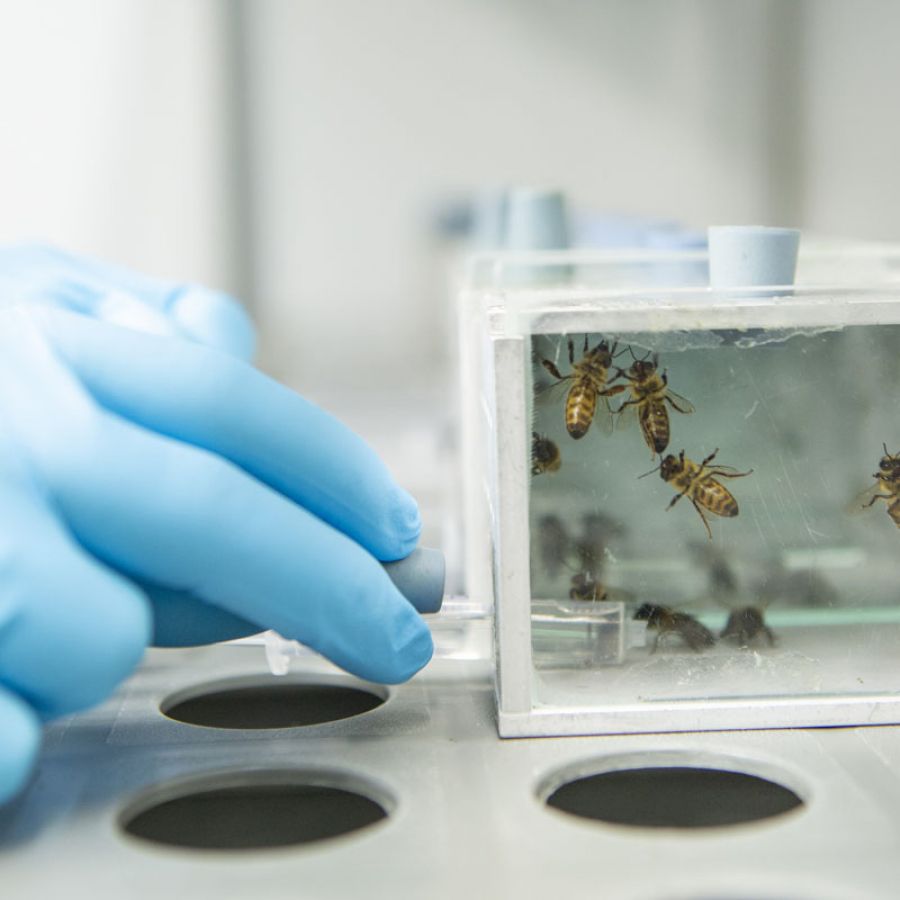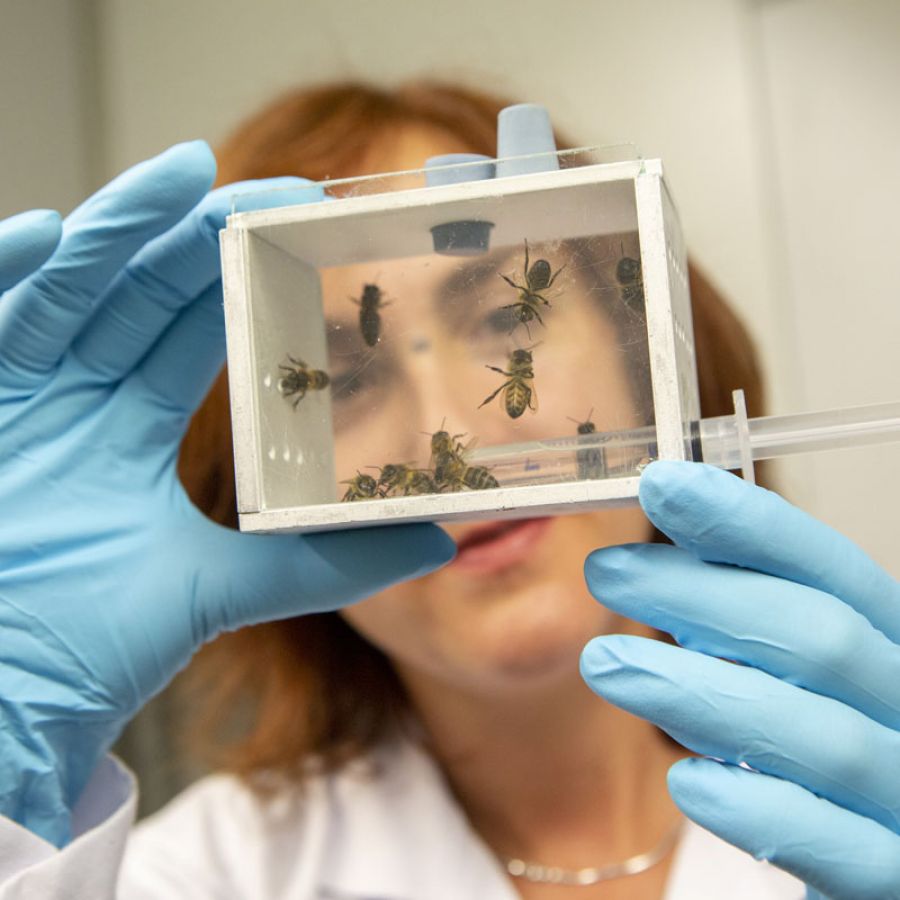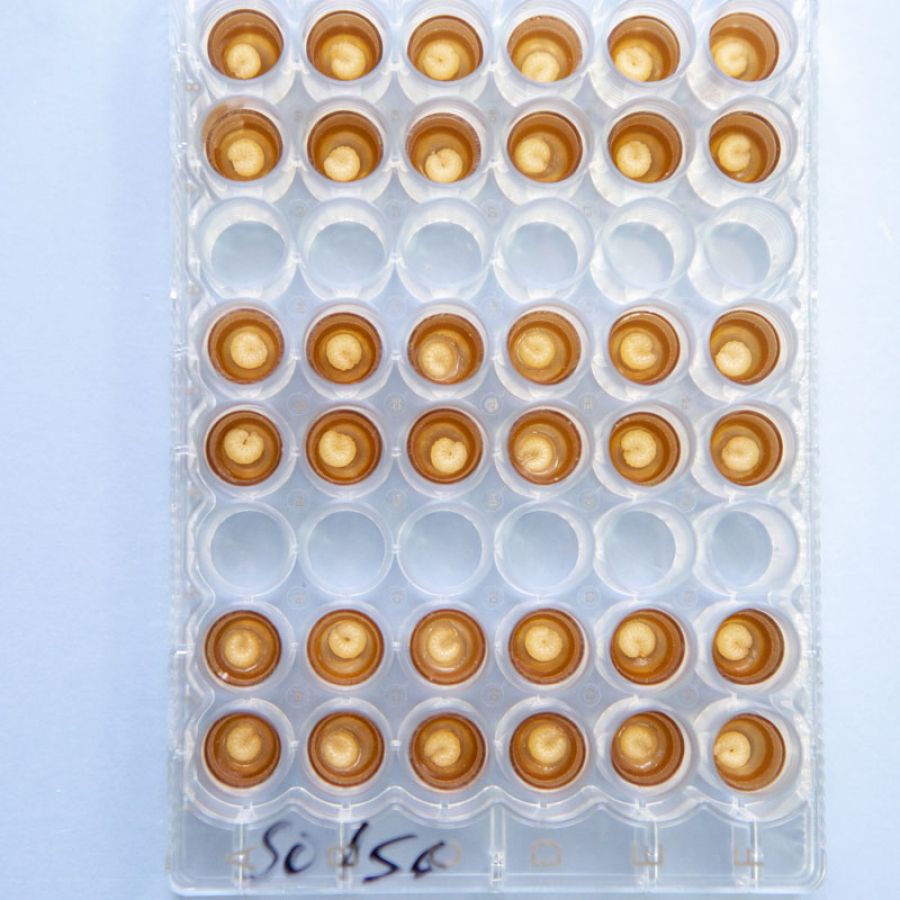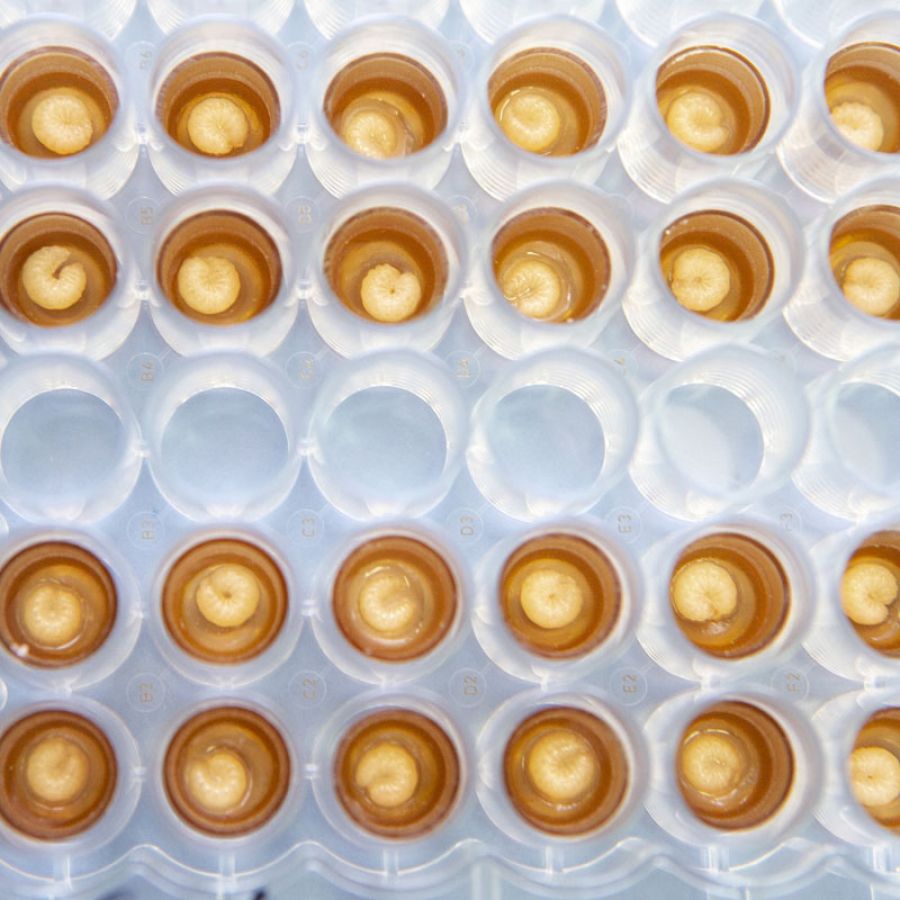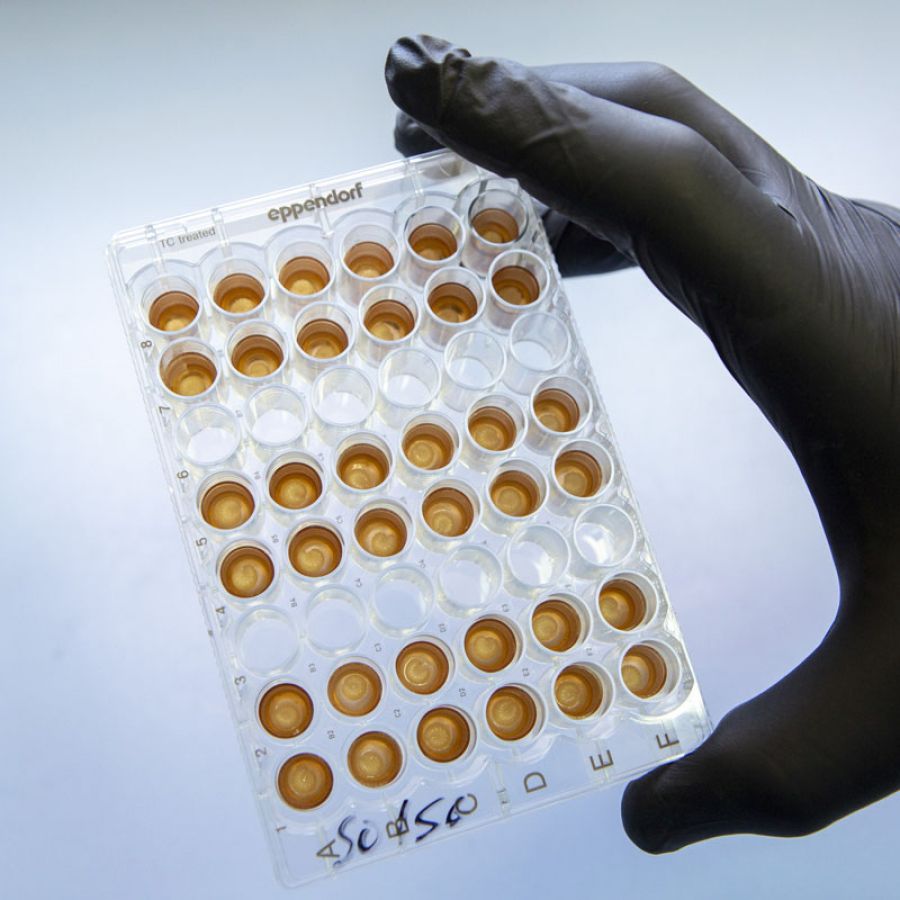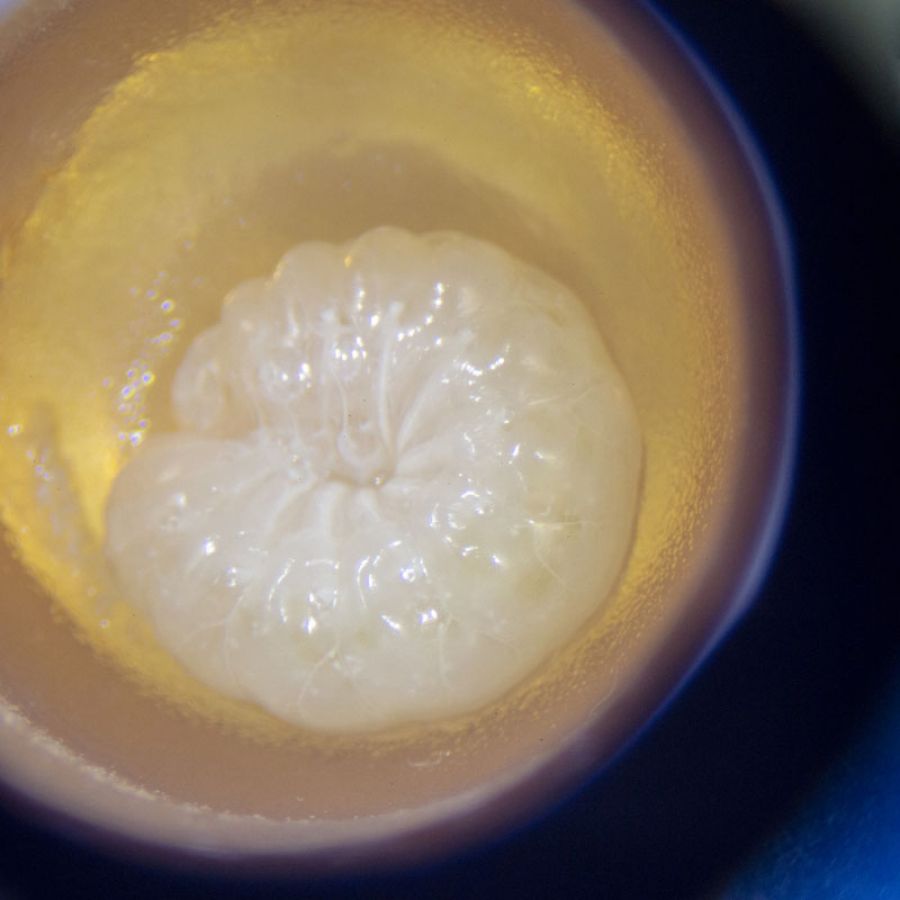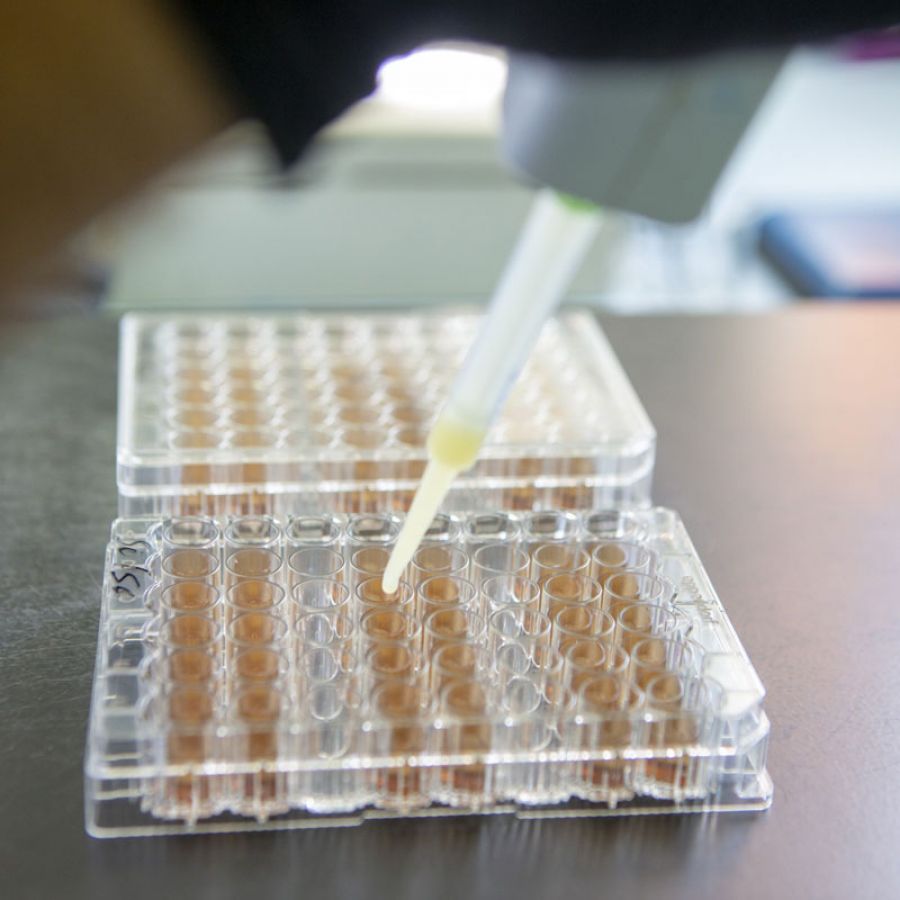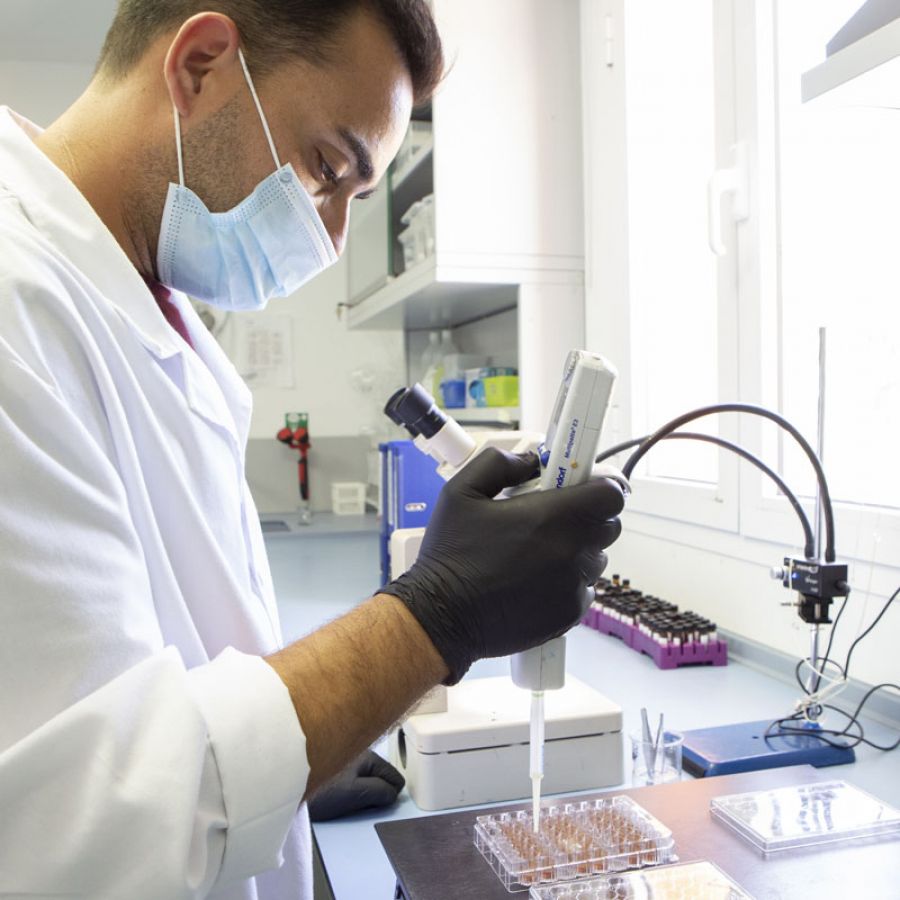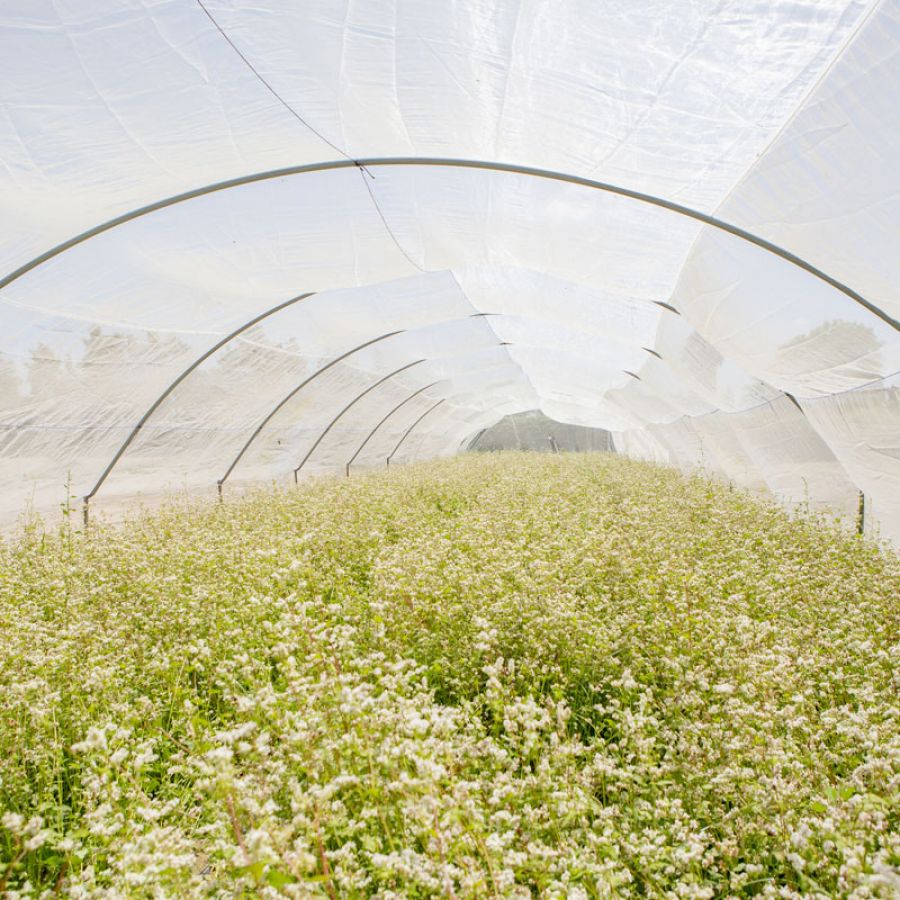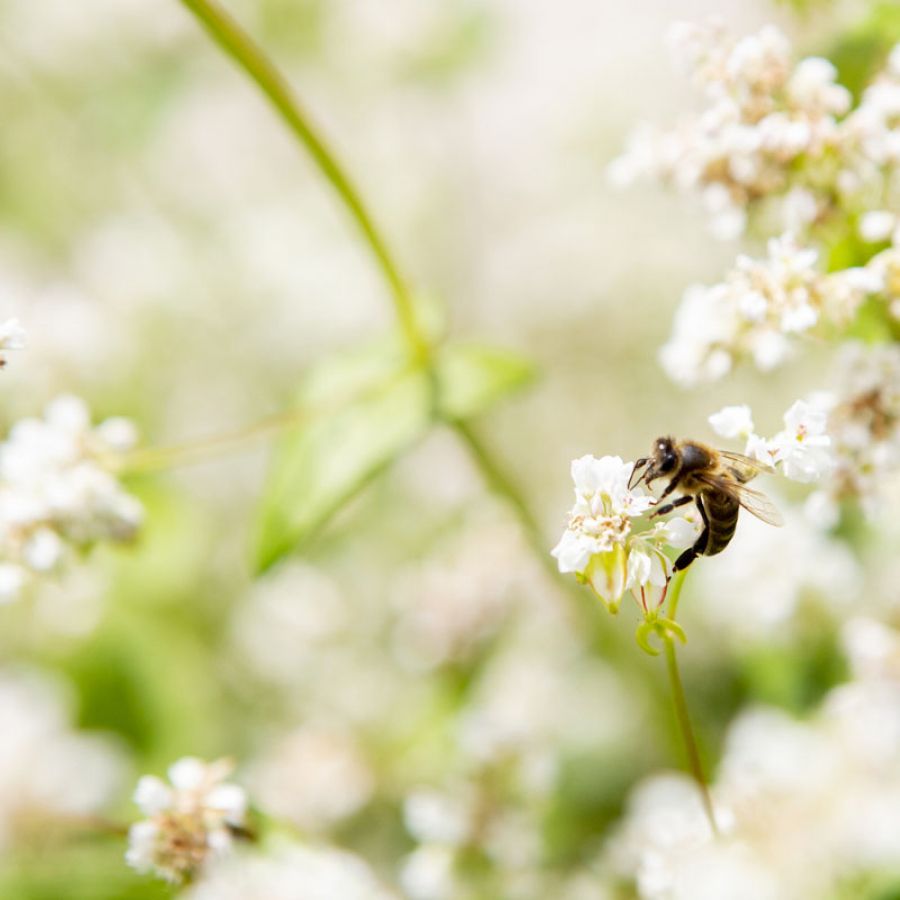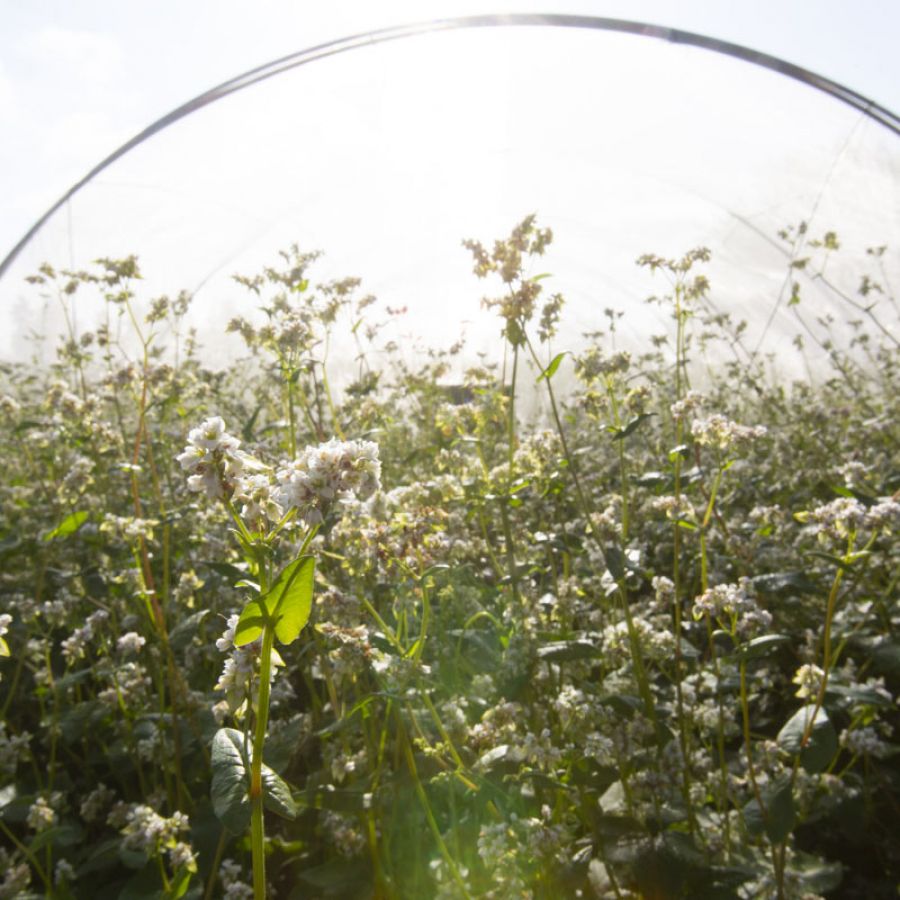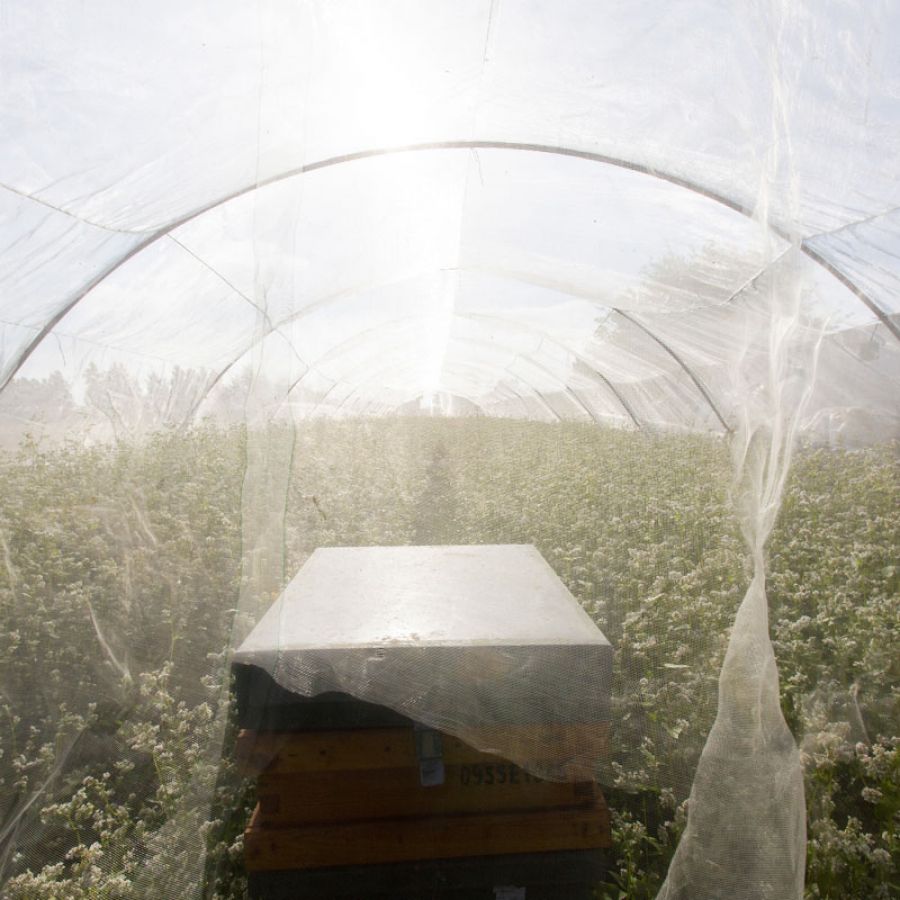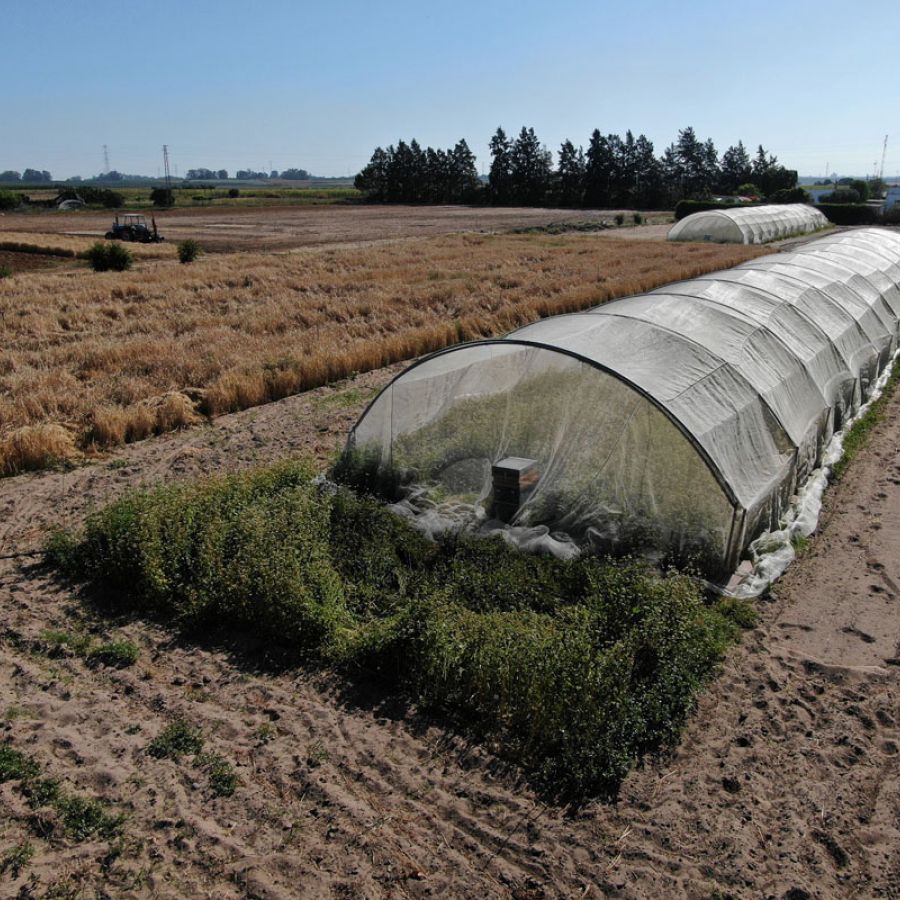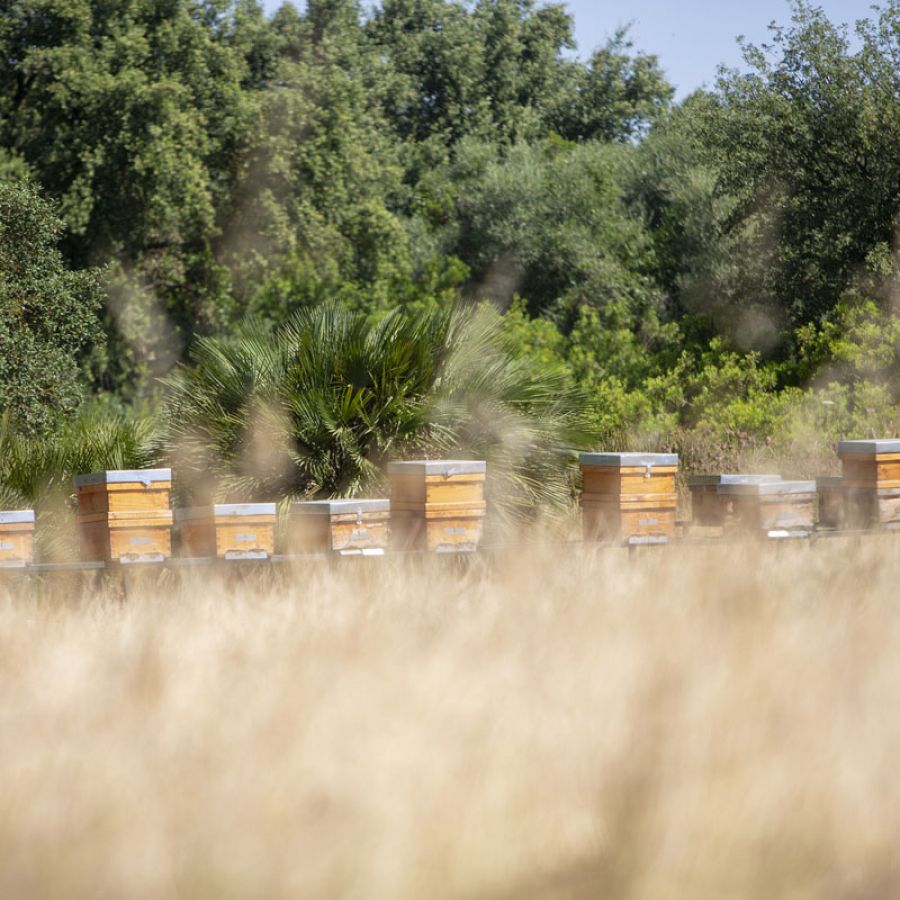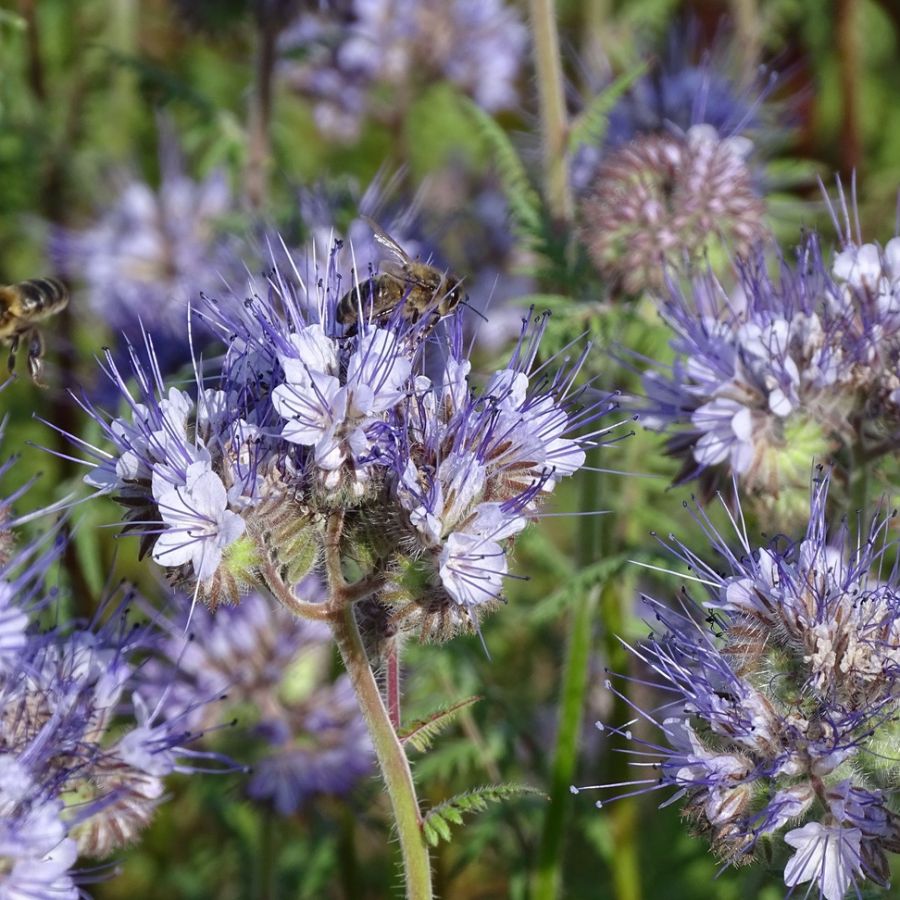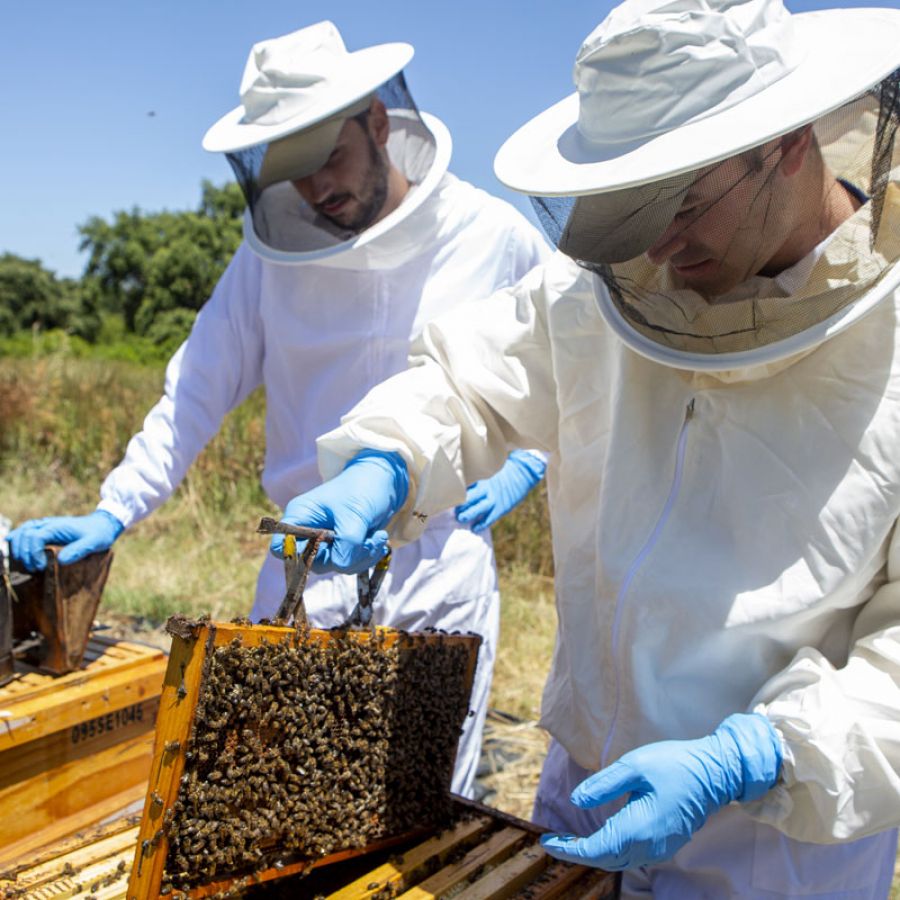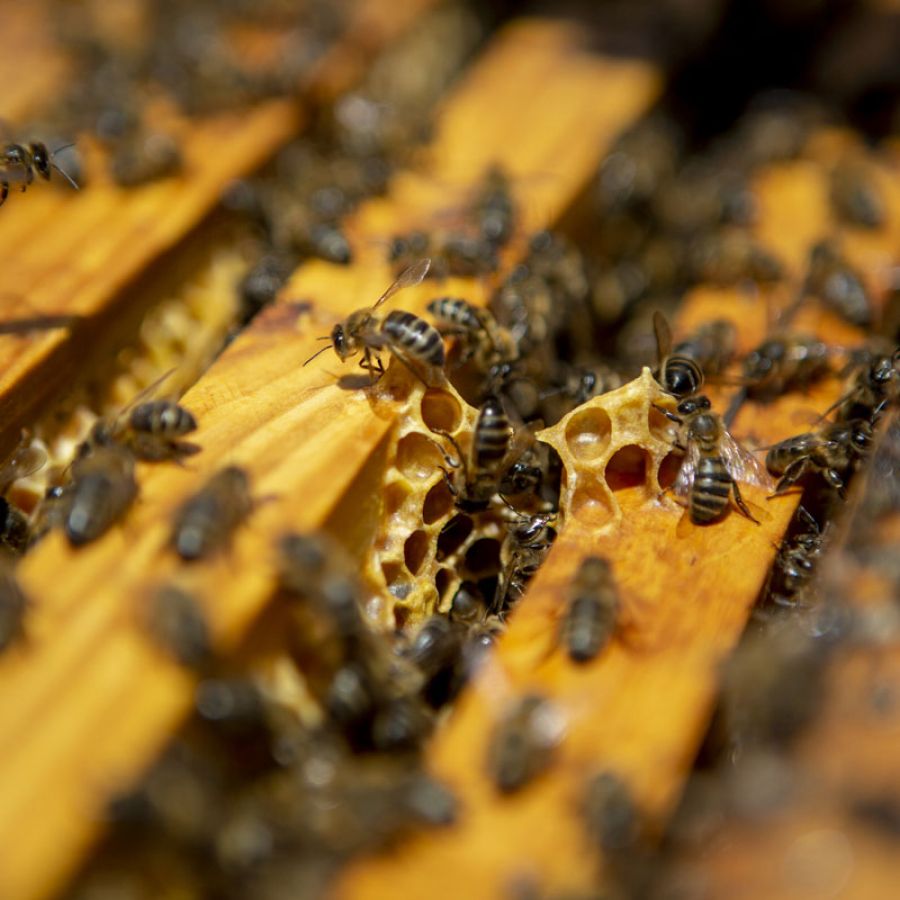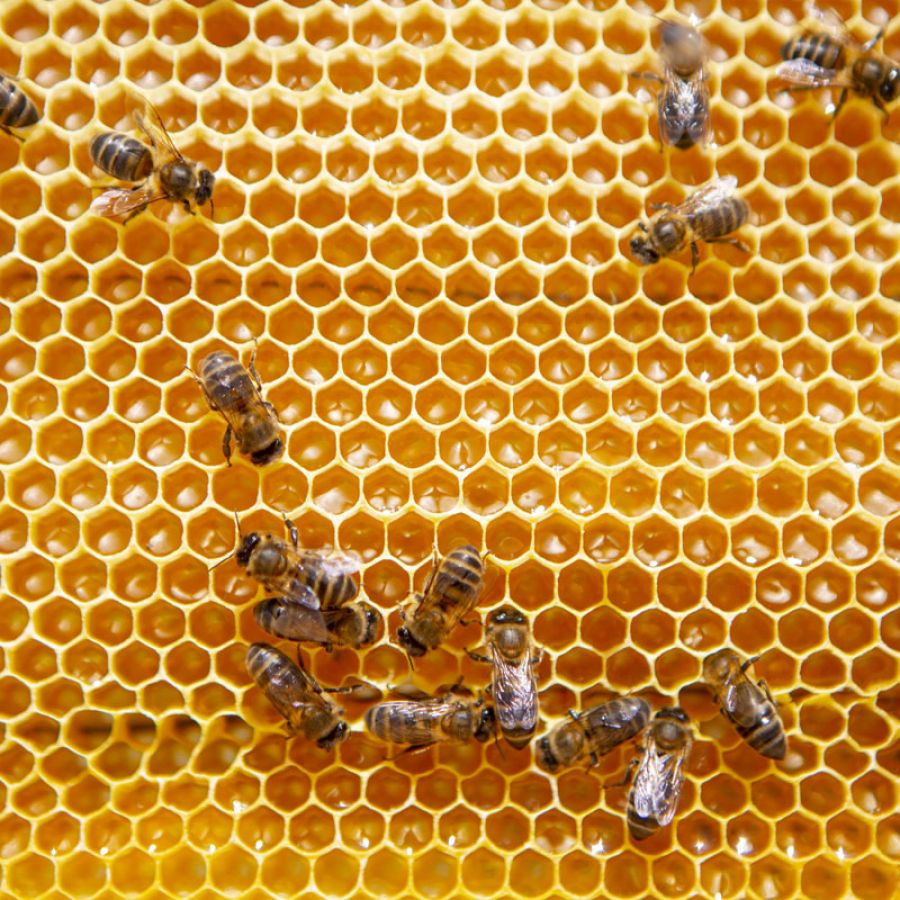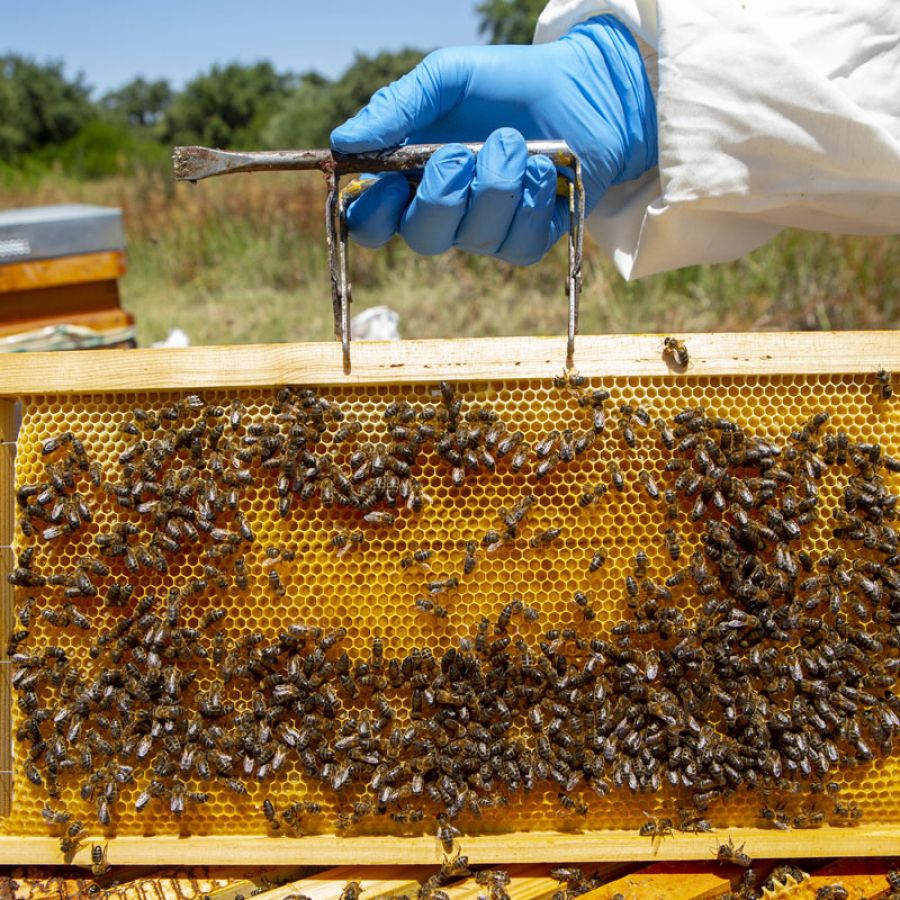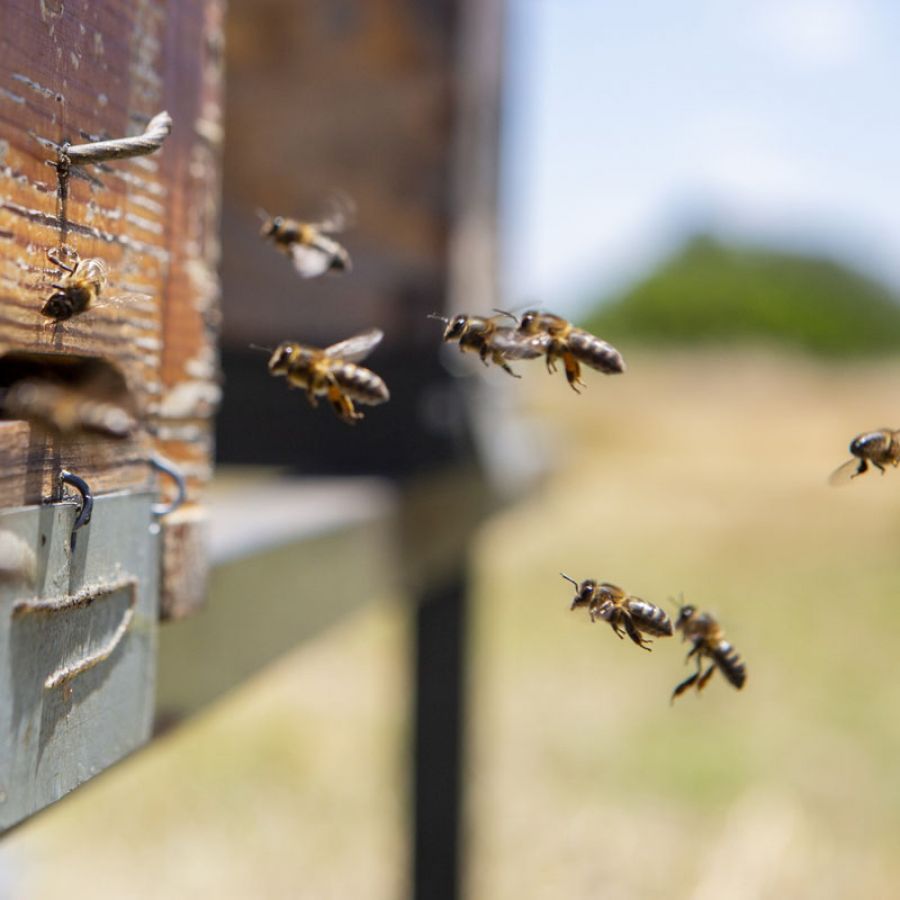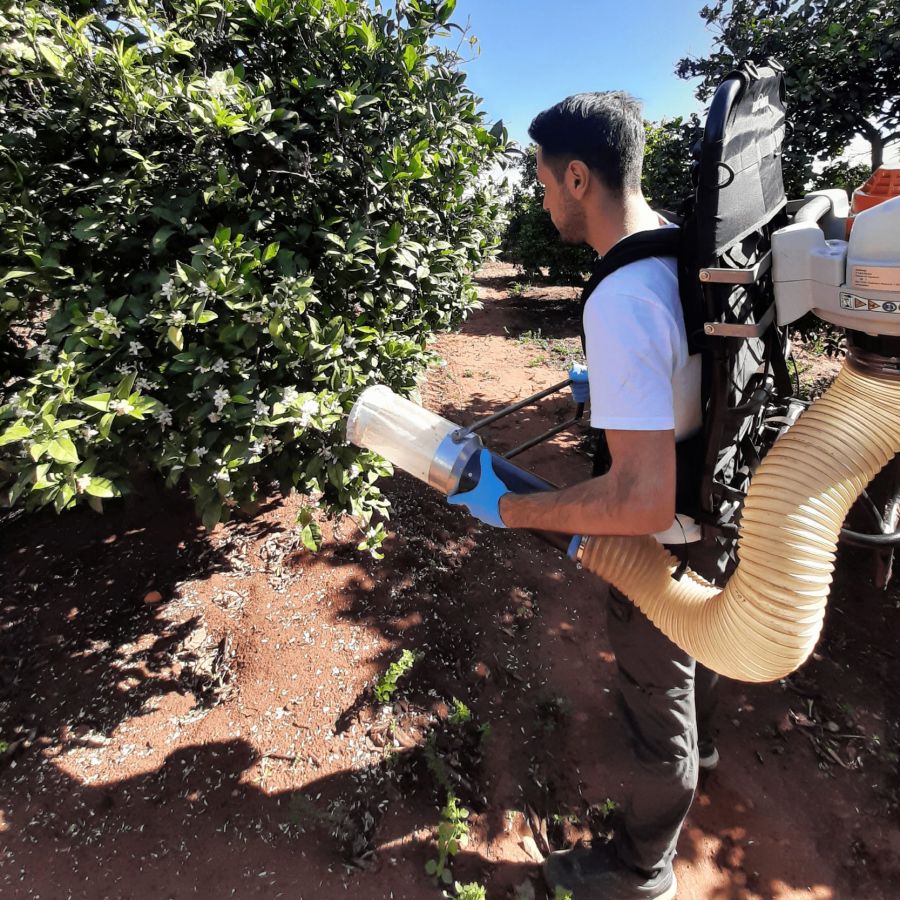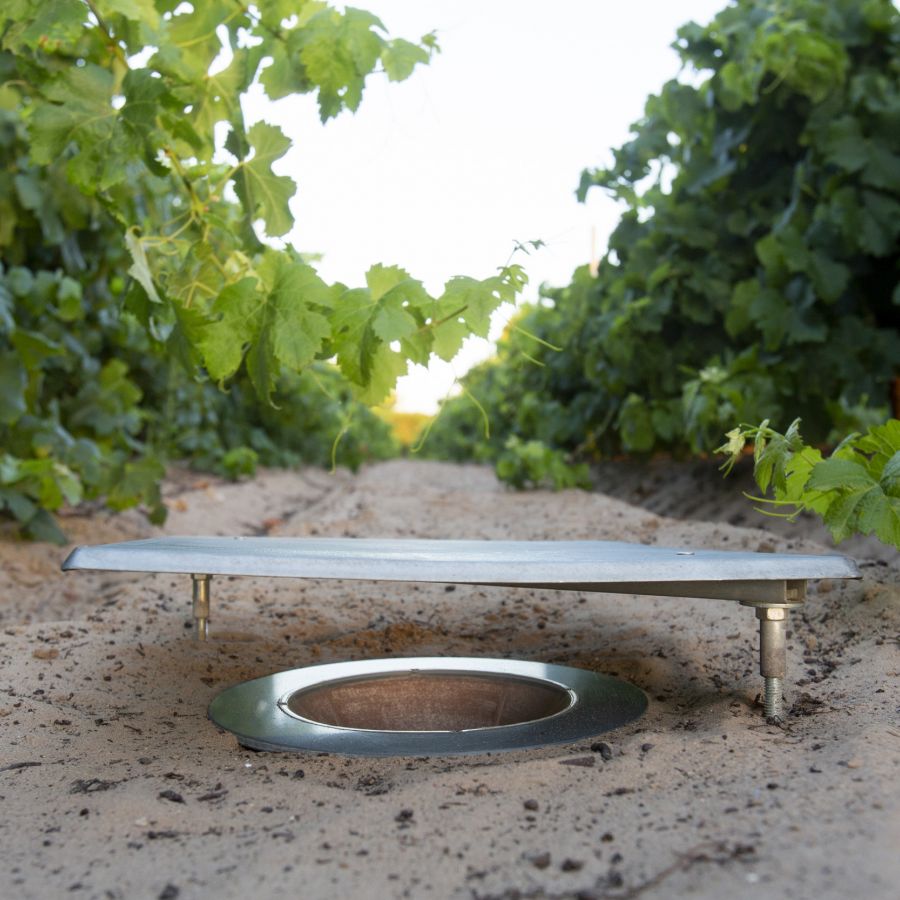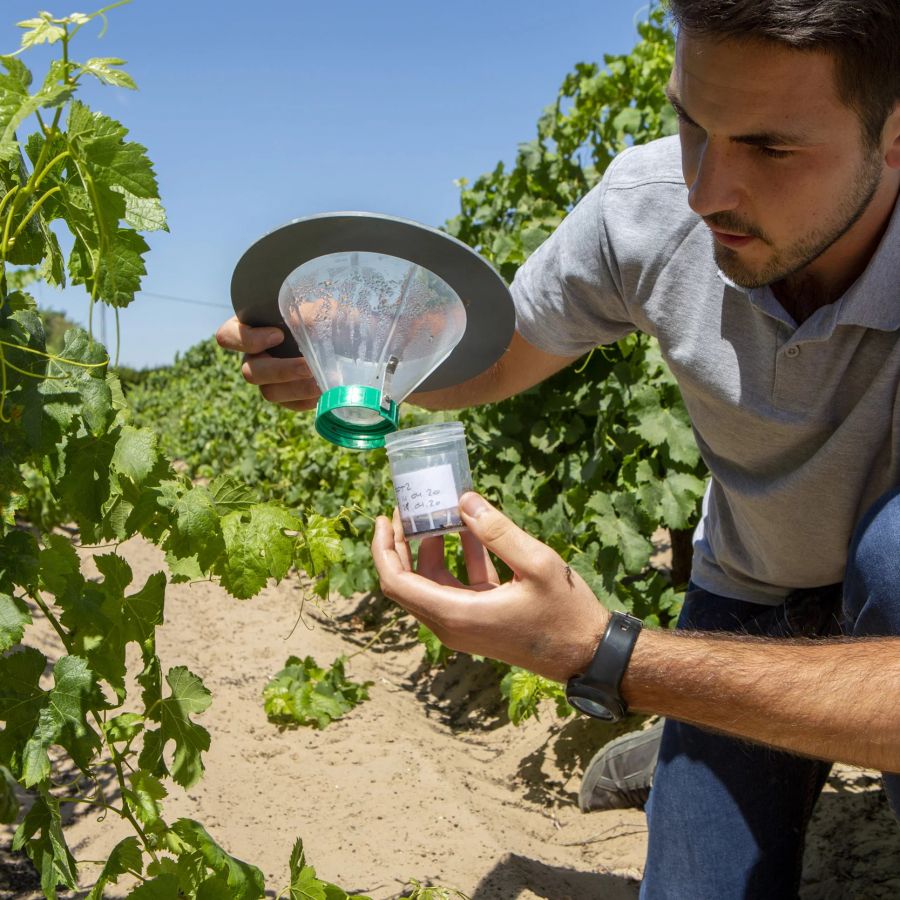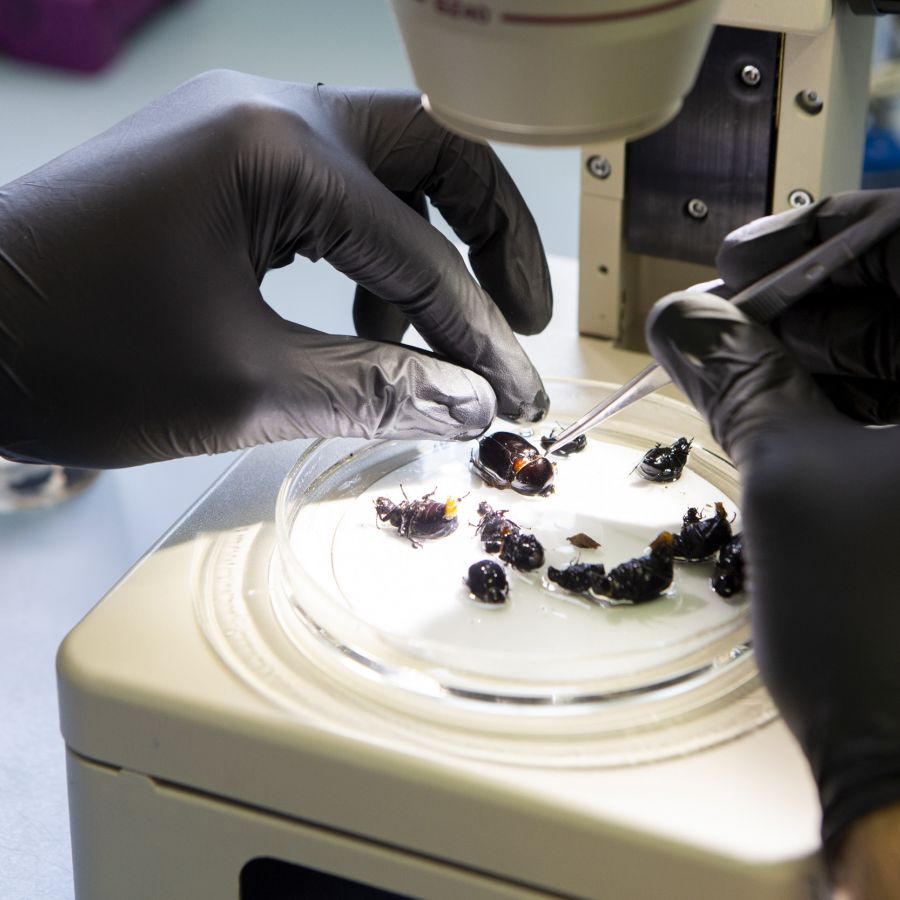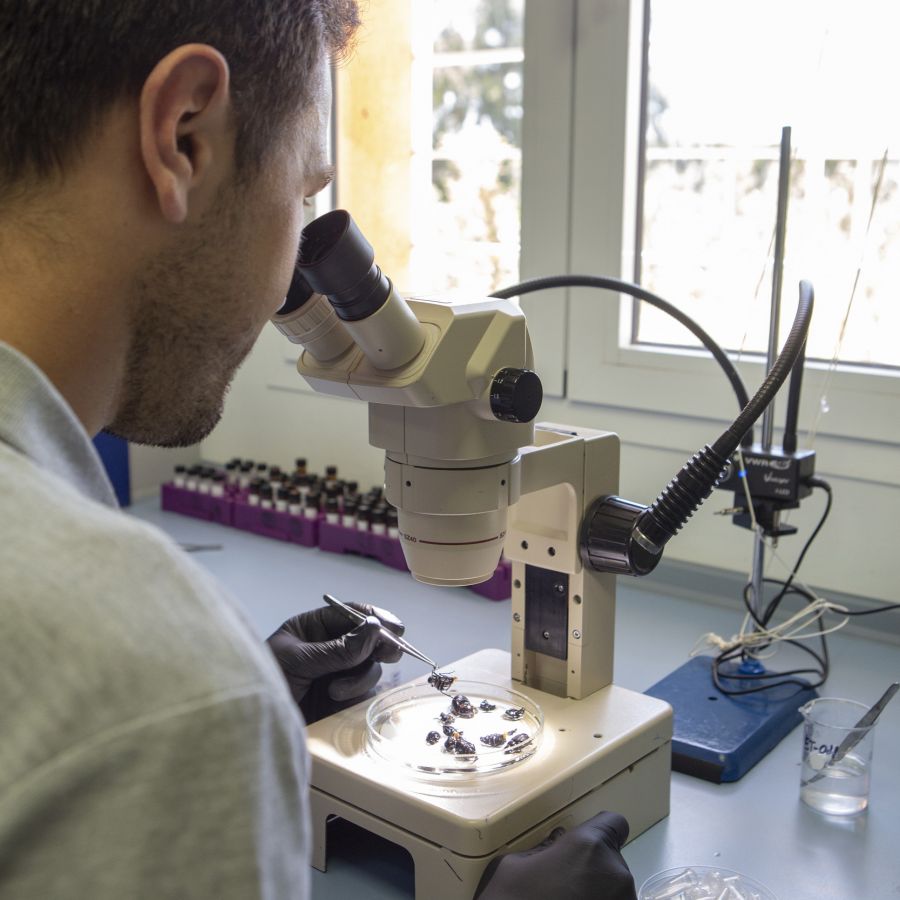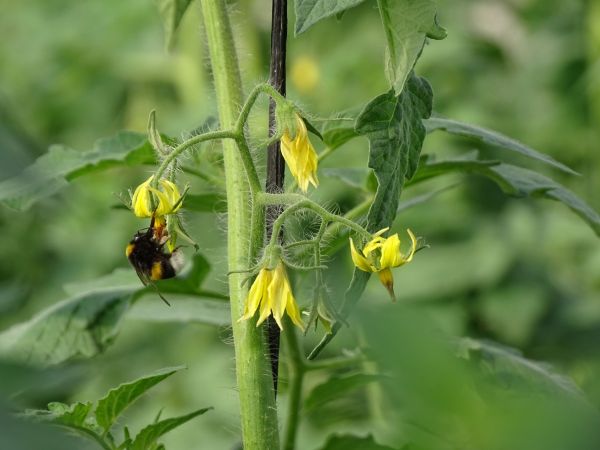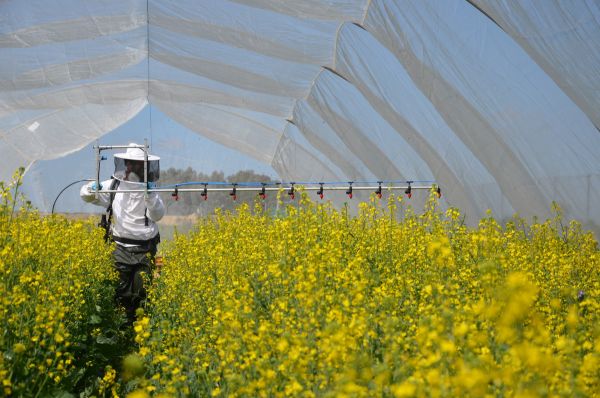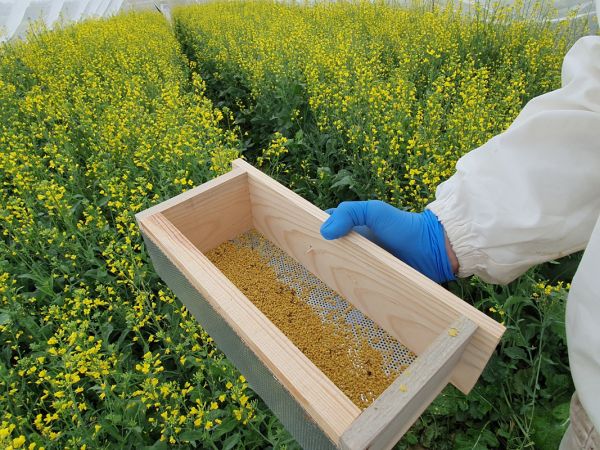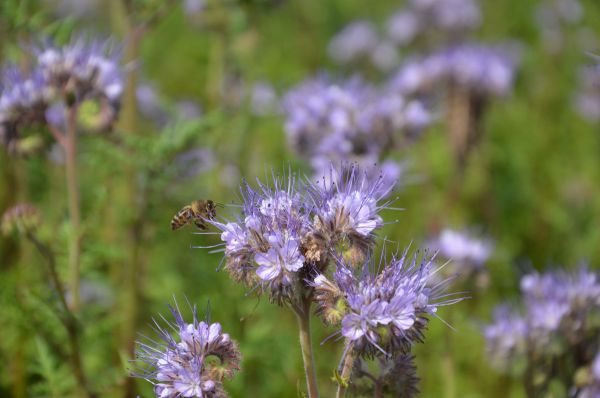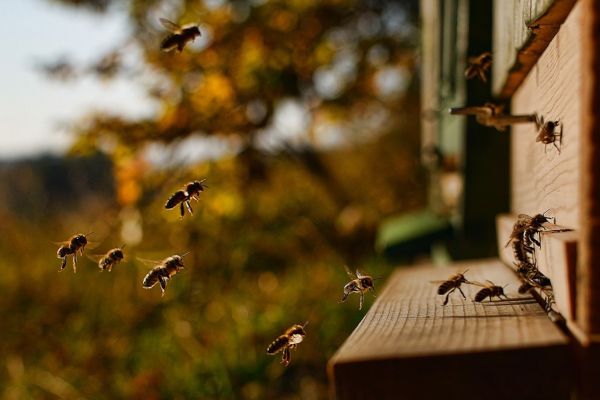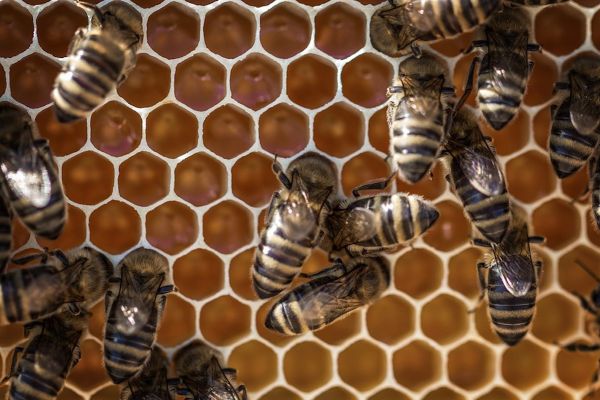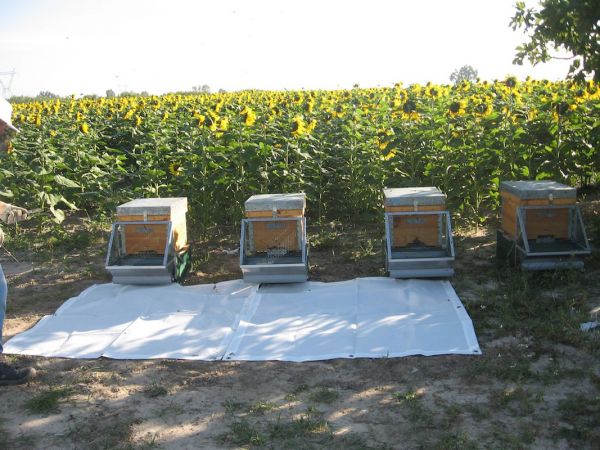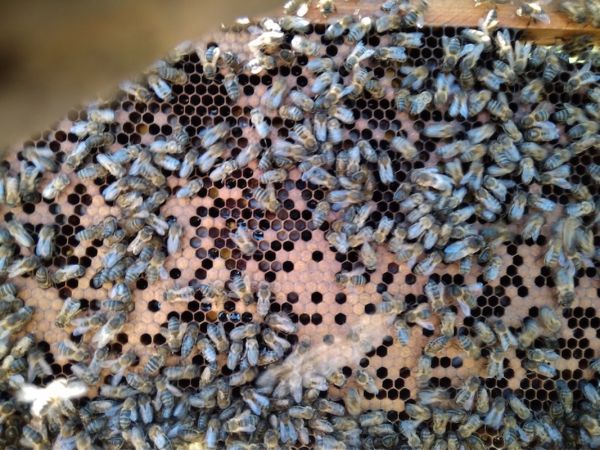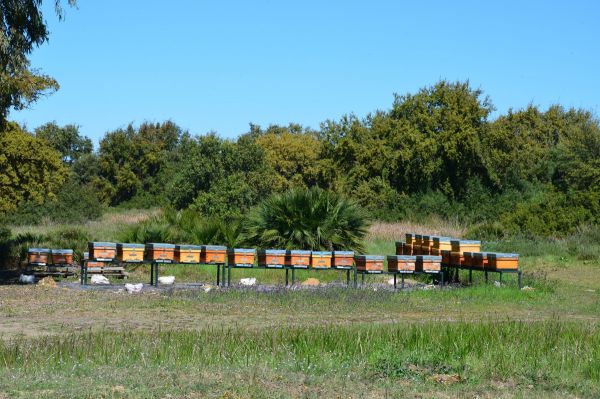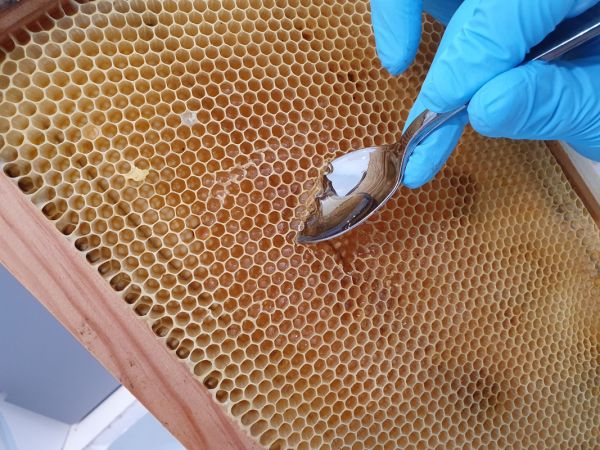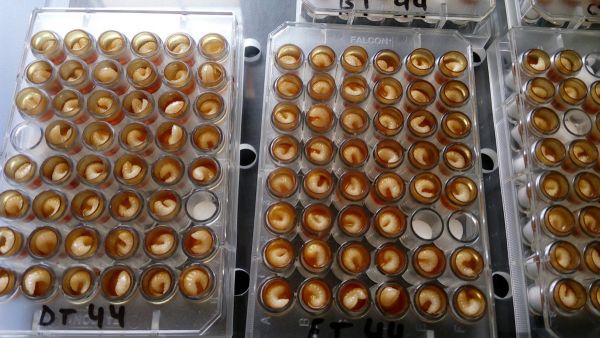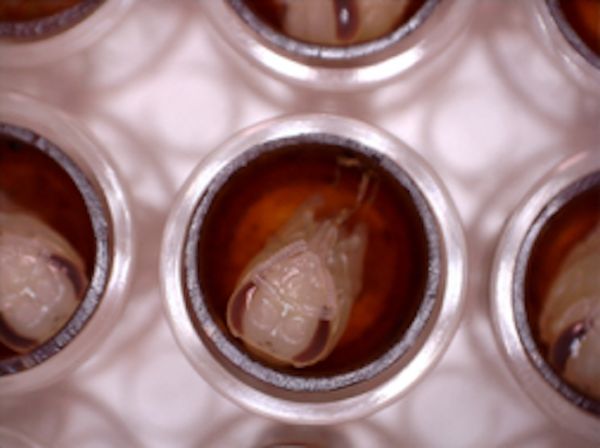
Ecotoxicology studies
These studies are developed according to the latest EPPO, OECD and BTC methods and guidelines.
Our particular climatic conditions, together with the fact of having our own bee colonies and our own beekeeper, allow us to carry out laboratory trials throughout the year, even in winter.
Due to our long term collaboration with local farmers, along with our own provision of beehives and beekeeper, field studies and semi-field tests on phacelia, rape, buckwheat, esparsette, mustard, sunflowers, and several fruit crops as citrus, peach, and plum can be conducted.
Since 2010, we have been conducting GLP trials with pollinators as honeybees (Apis mellifera L) and bumblebees (Bombus terrestris), and other non-target-arthropods, offering the following services:
Laboratory studies
- Acute Oral Toxicity Test. Determination of the LD50 upon contact in honeybees and bumblebees (OECD 214 & OECD 246)
- Acute Contact Toxicity Test. Determination of the LD50 upon oral exposure in honeybees and bumblebees (OECD 213 & OECD 247)
- Chronic Toxicity Test. Determination of NOEC (LD50 ) after chronic oral exposure (OECD 245)
- Larvae Toxicity Test. Determination of the LC50 on larvae repeated exposure (OECD 239)
- Larvae Toxicity Test. Acute (OECD 237)
- Bee screening
- HPG's
Semi-field studies
They are studies where the aim is to assess the impact of plant protection products on the development of the honey bee brood.
Observation of mortality, flight density, brood development and the behaviour of bee colonies after the exposure of small colonies in tents and tunnels (OECD GC No. 75, EPPO PP 1/170(4)
Tunnel residue trials for MRL setting in Honey (SANTE/11956/2016 rev. 9 Appendix V).
Field studies
Observation of mortality, flight density, development of colonies, brood development and the Behaviour of bee colonies after exposure under field conditions:
EPPO PP 1/170(4).
Phacelia, Oilseed rape, Sunflower, Buckwheat.
Non-target arthropods (NTA)
NTA studies are designed to assess the effects of test item applications on non-target arthropod communities such as insects different to the ones the pesticide is intended to control. These NTA studies can be designed to address specific organism groups or full fauna communities.
We can perform the application, sampling, and classification of insects.
Headquarters
Finca La Dehesilla
Ctra A-362 Km 4.7 P.O. BOX 254
41710 Utrera, Sevilla
Northern Office and Store
Polígono Carrilabarca No. 23 Bj.
31521 Murchante, Navarra

